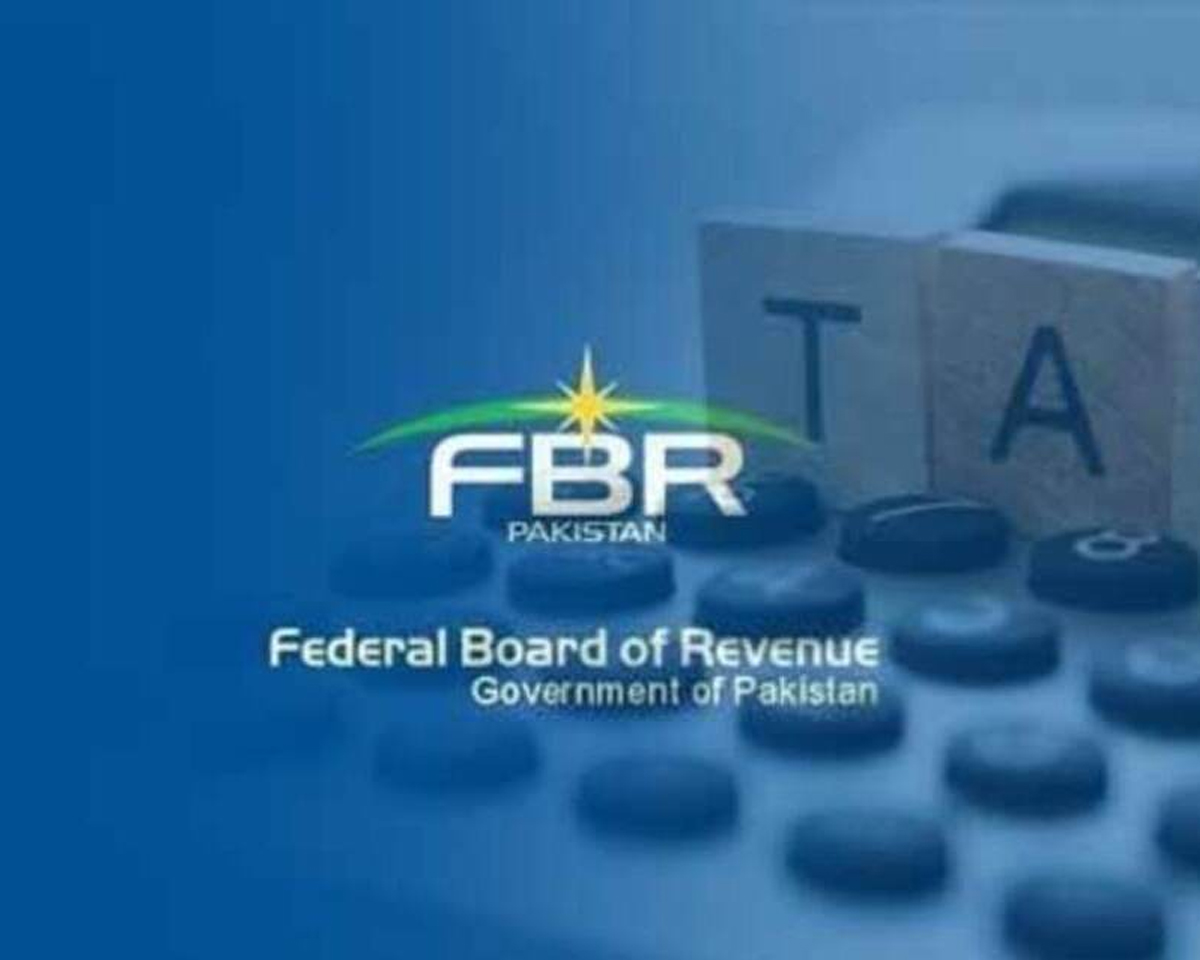Tax Collection:
The FBR is responsible for collecting various types of taxes, including income tax, sales tax, customs duties, and excise taxes. It has the authority to collect taxes from individuals, corporations, and other entities operating in Pakistan. The collected revenue is then used to fund public expenditures such as infrastructure development, education, healthcare, and defense.
Tax Policy:
The FBR plays a crucial role in formulating tax policies in Pakistan. It advises the government on tax laws and regulations, proposes new tax policies, and provides feedback on the impact of existing tax policies. It also conducts research and analysis to develop more efficient tax policies that promote economic growth and reduce tax evasion.
Tax Administration:
The FBR is responsible for administering tax laws in Pakistan. It audits tax returns, enforces tax laws, and penalizes non-compliant taxpayers. It also provides guidance to taxpayers on tax compliance, and helps them understand their tax obligations and rights.
Trade Facilitation:
The FBR also facilitates trade in Pakistan by implementing customs laws and regulations. It ensures that imported goods are properly taxed, and that export procedures are streamlined. It also helps to eliminate trade barriers and reduce the cost of doing business in Pakistan.
Technology and Innovation:
The FBR is leveraging technology to modernize tax administration and enhance the taxpayer experience. It has introduced electronic tax filing and payment systems to make it easier for taxpayers to comply with tax laws. It is also using data analytics to identify potential tax evaders and improve tax collection.
In summary, the FBR is a critical institution in Pakistan that is responsible for collecting taxes, formulating tax policies, administering tax laws, facilitating trade, and leveraging technology to improve tax administration. Its effective functioning is essential to the economic growth and development of the country.

